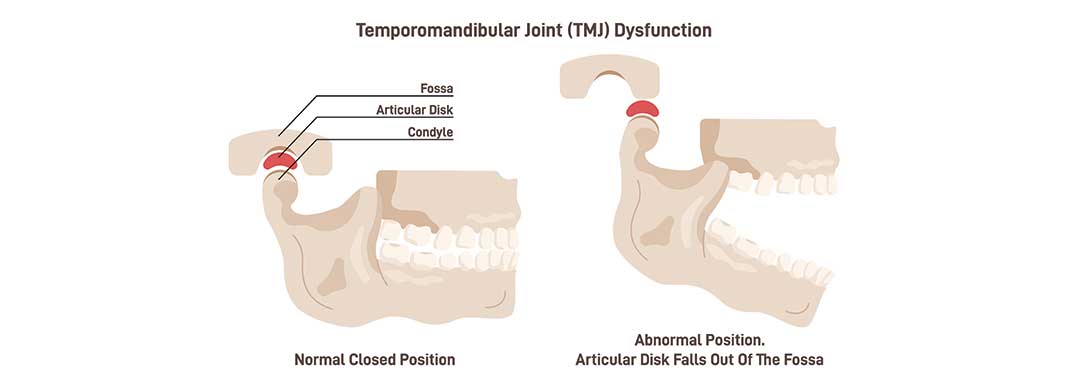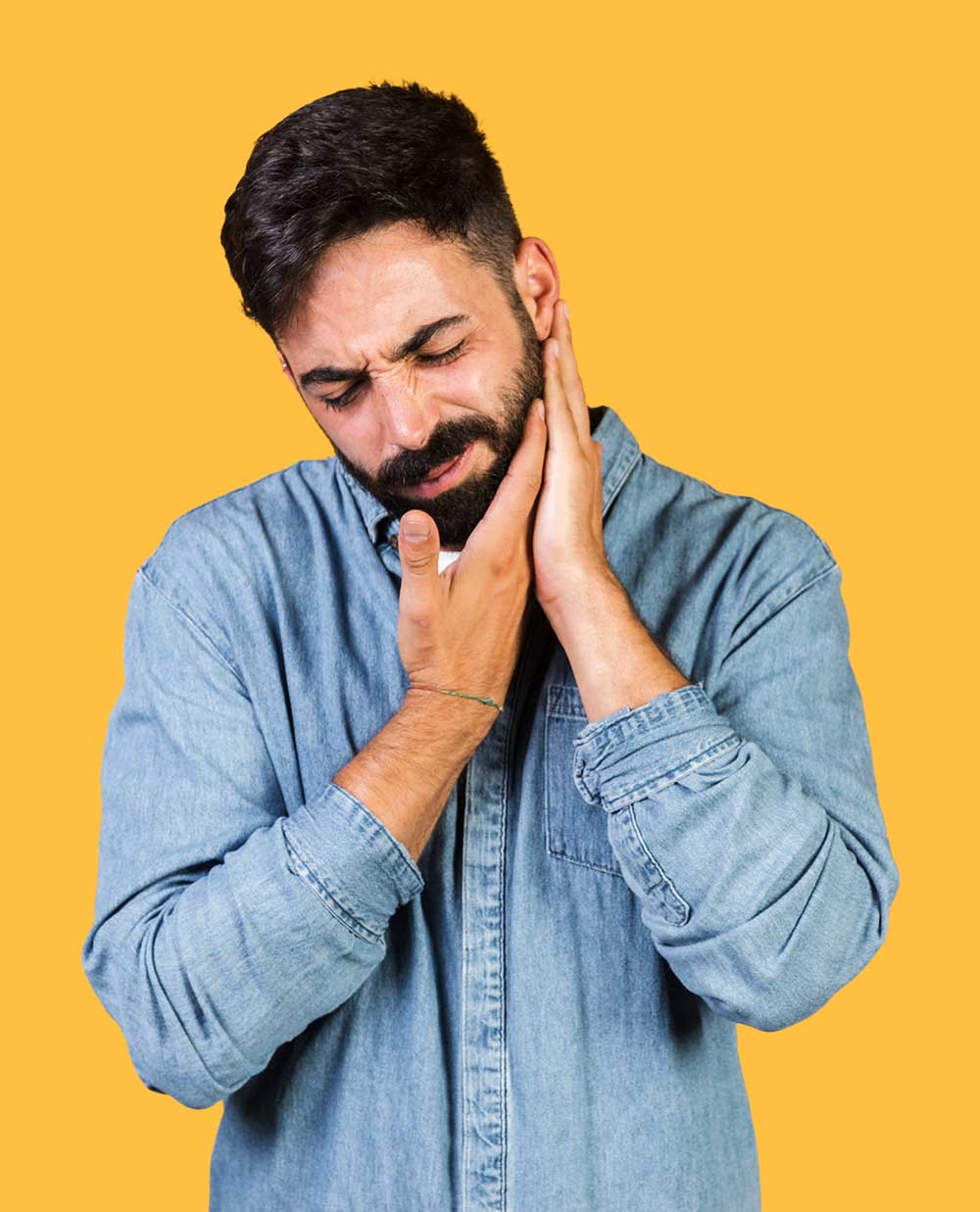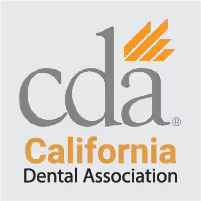Understanding TMJ and Its Role in Jaw Function
The temporomandibular joint (TMJ) is the hinge connecting your lower jaw to your skull, allowing for smooth jaw movement when speaking, chewing, or yawning. When this joint functions correctly, we rarely notice it. However, when issues arise with the TMJ, daily activities such as eating or talking can become painful. TMJ issues may result in pain, restricted movement, or a locking sensation in the jaw.
- Pros: Allows smooth jaw movement, helps with chewing and speaking.
- Cons: Prone to injury or dysfunction leading to discomfort.

What Are TMDs (Temporomandibular Disorders)?
TMD, or temporomandibular disorders, are conditions that affect the TMJ. TMDs can stem from a variety of causes such as muscle pain, joint injuries, or degenerative conditions like arthritis. Depending on the type of TMD, symptoms may include pain, stiffness, and even jaw locking. Treatment varies, but early diagnosis and care are key to avoiding long-term issues.
- Common Types of TMDs:
- Myofascial pain
- Joint internal derangement
- Degenerative joint diseases
- Treatment: Pain management, jaw exercises, or in severe cases, surgery.

Causes of TMJ Pain & How It Can Be Managed
TMJ pain can arise due to various factors, including trauma, arthritis, or stress-induced habits like teeth grinding. Injuries such as fractures or muscle strain can cause inflammation and pain around the joint, while stress can exacerbate the symptoms by causing involuntary jaw clenching. Effective treatments focus on reducing pain and preventing further joint damage, and can range from physical therapy to stress management techniques.
- Possible Causes: Jaw injury, arthritis, teeth grinding.
- TMJ Treatment: Physical therapy, splints, stress relief techniques, medication.



.webp)




.avif)



